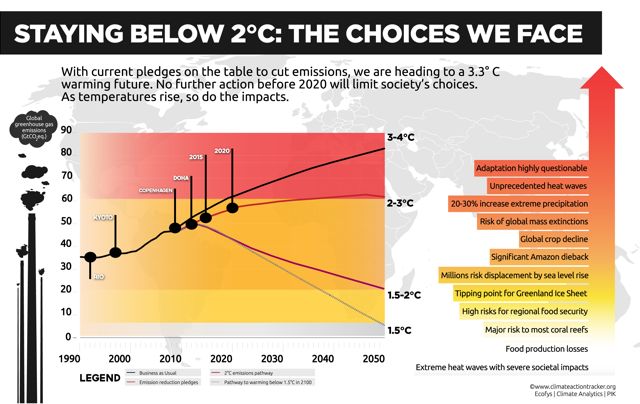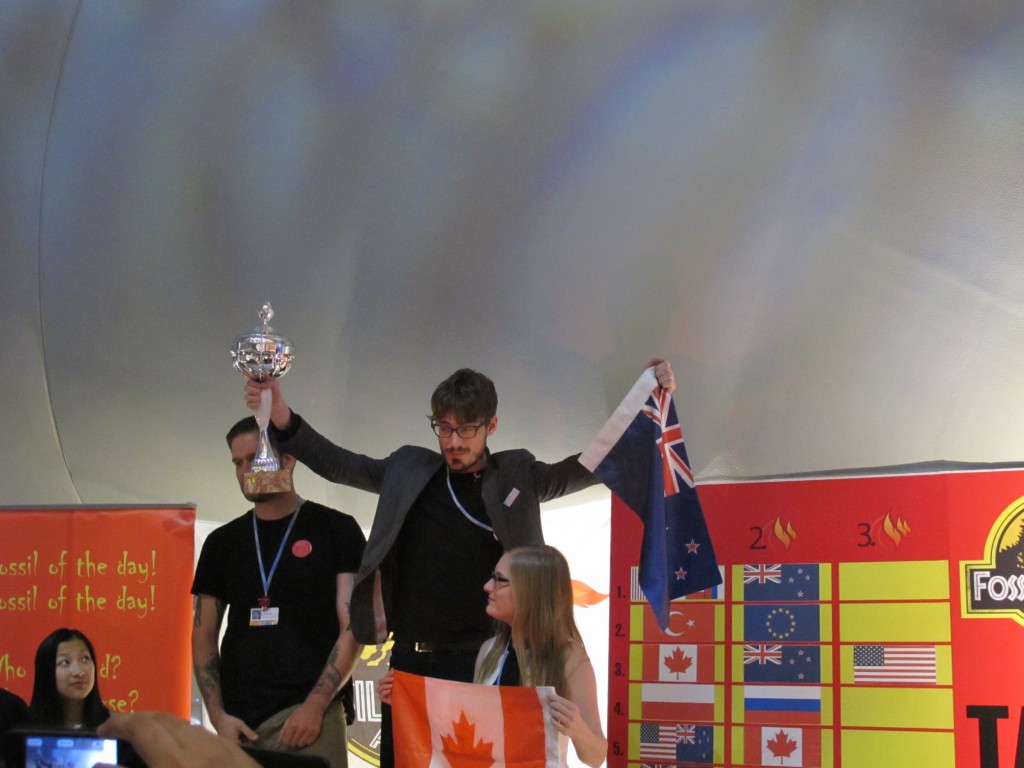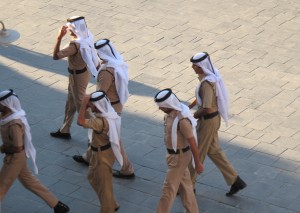
You’d think, in the middle of the worst drought in 70 years, with farmers in crisis, that their national political body might be thinking about the big picture of climate change and how best to communicate that to farmers.
In Marlborough, where the drought is hitting hard, the local Federated Farmers chapter is sponsoring a talk by crank Lord Monckton. I asked Conor English, Federated Farmers CEO, what he thought about this and he said:
“We have 24 Provinces and they get all sorts of speakers on all sorts of things. We simply don’t know.”
OK, one renegade chapter. Fair enough. I’m sure Top of the South farmers will be relieved to know climate change isn’t real.
But on March 8, Federated Farmers’ “Friday Flash” weekly email bulletin was mailed to members right around the country, including a full-on promotion, with dates, links, and phone numbers of Monckton’s wander around the country. The item even questioned the science of global warming, running out the tired old denier “global warming has stalled for 16 years” argument (rebutted here) that is central to Monckton’s theories.
So I went back to Mr English to ask how they could be promoting Monckton’s visit, right in the middle of this terrible drought, the type of drought farmers are expected to get a lot more of as climate impacts kick in. Continue reading “Why is Federated Farmers promoting climate denial during a major drought?”




You must be logged in to post a comment.